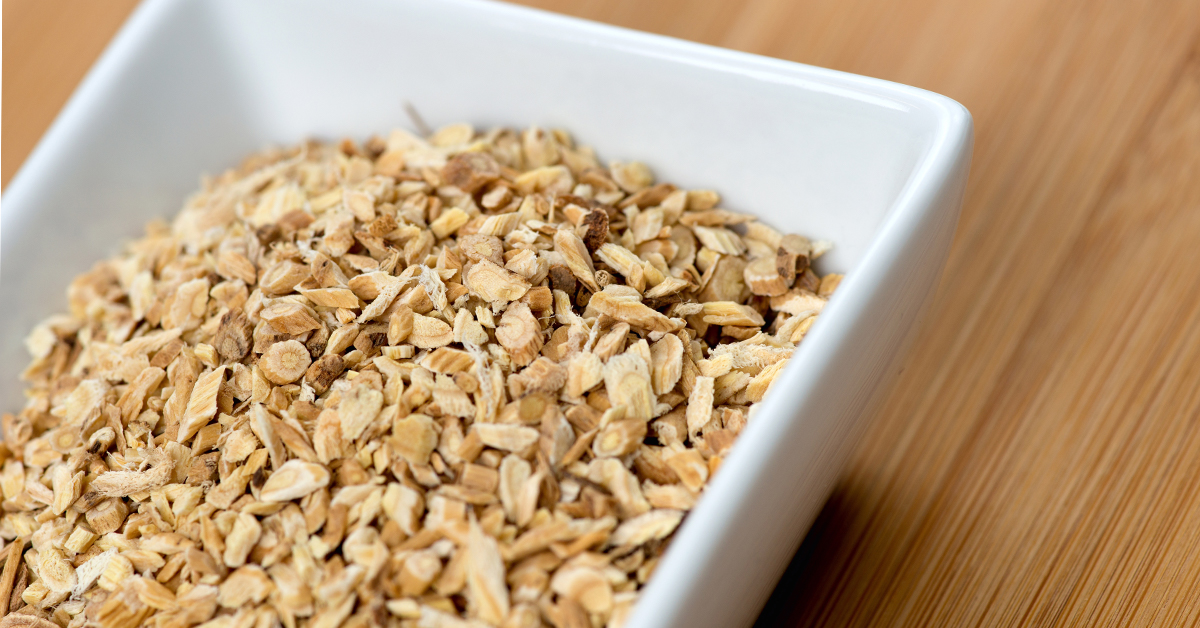WHAT HAPPENS TO OUR BODY WHEN WE CONSUME PROTEIN
The health benefits of it!

Astragalus is a herb that has been used for centuries in traditional Chinese medicine. It offers a wide range of health benefits, including immune-boosting effects, anti-aging properties, and anti-inflammatory action.
Astragalus is believed to promote longevity and is used to treat conditions such as fatigue, allergies, and the common cold. It is also used in the management of heart disease and diabetes.
In this article, we’ll explore the many benefits of astragalus.
Astragalus, also known as huáng qí or milkvetch, is most widely recognized for its use in traditional Chinese medicine. While there are over 2,000 species of astragalus, only two are commonly used in supplements, Astragalus membranaceus and Astragalus mongholicus.
The root of the plant is used in various supplement forms, including liquid extracts, capsules, powders, and teas. In some cases, it may even be administered as an injection or IV in clinical settings.
The root contains a variety of active plant compounds believed to be responsible for its health-promoting effects. These include compounds that may support the immune system and reduce inflammation.
Although research is still limited, astragalus is used for treating the common cold, seasonal allergies, heart disease, kidney conditions, chronic fatigue, and more.
The primary role of the immune system is to defend the body against harmful invaders such as bacteria, viruses, and other pathogens.
Some studies suggest that astragalus may increase the production of white blood cells, the immune cells that help fight disease.
In animal studies, astragalus root has been shown to help eliminate bacteria and viruses in mice with infections. It may also aid in fighting viral infections in humans, including the common cold and hepatitis.
While these studies are promising, more human research is needed to determine the full effectiveness of astragalus in preventing and treating infections.
Astragalus may improve heart function in people with certain heart conditions. It is believed to dilate blood vessels and increase the amount of blood pumped by the heart.
In one clinical study, patients with heart failure were given 2.25 grams of astragalus twice daily for two weeks along with conventional treatment. They showed greater improvements in heart function compared to those who received only standard care.
Another study involved patients with heart failure receiving 60 grams of astragalus daily via IV, alongside conventional therapies. These patients also experienced greater symptom improvement than those receiving standard treatment alone.
Additionally, some studies suggest astragalus may help reduce symptoms of myocarditis, an inflammatory condition of the heart.
Preliminary research shows astragalus may offer additional benefits, including:
Relief from chronic fatigue symptoms: Some evidence suggests it may help reduce fatigue in people with chronic fatigue syndrome.
Improved seasonal allergy symptoms: While studies are limited, one clinical trial found that taking 160 mg of astragalus twice daily reduced sneezing and runny nose in people with seasonal allergies.